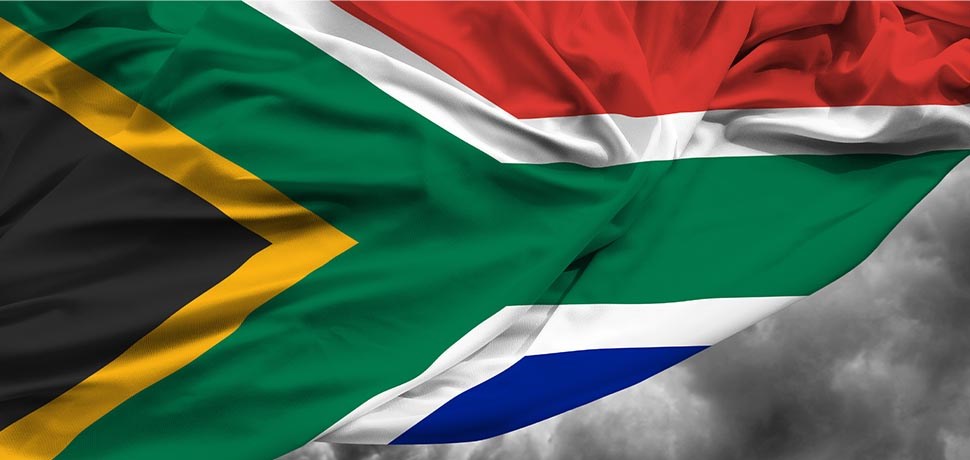SA will never be saved by those who have brought it to its knees
The Financial Action Task Force, a global watchdog, added SA to its grey list of countries that it considered had inadequate anti-money laundering and terrorist financing controls.

The events of the past week stirred emotions of despair in me that I thought I had left behind in the mid-1980s when President PW Botha’s Rubicon Speech provoked outrage among the international community and condemned this country to an increased period of social and economic isolation.
In an interview with eNCA’s Annika Larsen, former Eskom chief, Andre de Ruyter divulged how corruption and greed, within the state-owned utility, had crippled the country’s power generation. De Ruyter had taken over the termite-infested utility three years ago, and even if one questions his bold claims, we cannot overlook the toll Eskom’s failure has inflicted on businesses and households.
In recent result presentations, corporate South Africa has responded with anger and frustration to the state’s incapacity to deliver essential services. Motus CEO, Osman Arbee, warned that intensified load shedding, corruption and poor educational skills were constraining progress in the South African economy. Tiger Brands reported that stage 6 load-shedding was costing the food producer R1.5m a day. The company was also forced to provide generating equipment to a municipality in the Cape to ensure water supply to their deciduous fruit plant for timeous processing.
Iron ore producer, Kumba lamented that logistics, costs, and operational challenges, had reduced ore railed to Saldanha by 9%, resulting in lower sales and a high build-up of stock at the mine that forced them to limit production.
The list goes on. Arcelor Mittal experienced a shortage of transport to deliver steel to customers, because Transnet’s malfunction had forced coal companies to reserve all available trucks. And Pick and Pay mentioned that customers were purchasing smaller baskets of fresh food for fear that stocks would perish in their fridges during long-periods of outages.
On Friday, the Financial Action Task Force, a global watchdog, added SA to its grey list of countries that it considered had inadequate anti-money laundering and terrorist financing controls. It’s a damning indictment for a country that prides itself in having a world-class financial system and being a leader in boardroom compliance. Our presence on the list will oblige counterparts to interrogate more fully cross-border financial and trade transactions.
To add to our misery, the world’s press had a full go at the government for its decision to hold joint naval exercises with Russia and China on the anniversary of Russia’s maligned invasion of the Ukraine, accusing them of forsaking their once binding commitment to human rights, a principle deeply embedded in the constitution.
Two things, though, over the weekend, convinced me that saving South Africa was worth fighting for. The first was the enormous pride I felt watching our women’s cricket team in the T20 final against Australia. Their talent, camaraderie, and plucky fight was an example we could all follow.
The second was an episode of comedian, Eugene Levy’s (Schitts Creek) quirky travel series on Apple TV in which he visits the Kruger National Park. The startling beauty of the park at sunset, Levy’s bond with an elephant, sedated for a health check, and his touching experience feeding two orphan rhinos, highlighted in a small way what we have to lose if we let this country descend further into an abyss.
I have no bright ideas on how to save our country. I do know that people will invest in a country in which they want to live. A country in which they feel safe, which protects their possessions, provides them decent health care, and offers their children a fitting education. I also know that the people who have taken our country down are not the people capable of taking us up again.